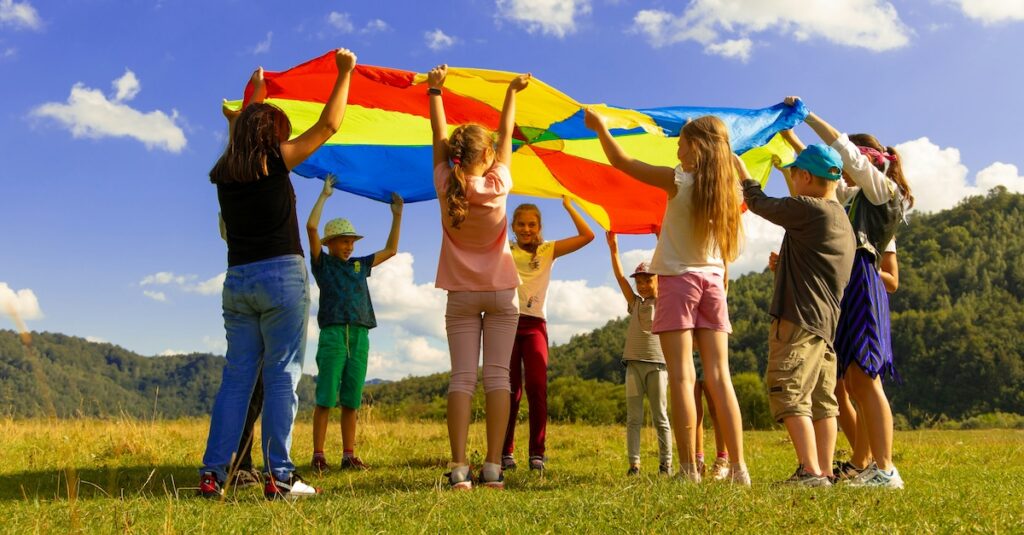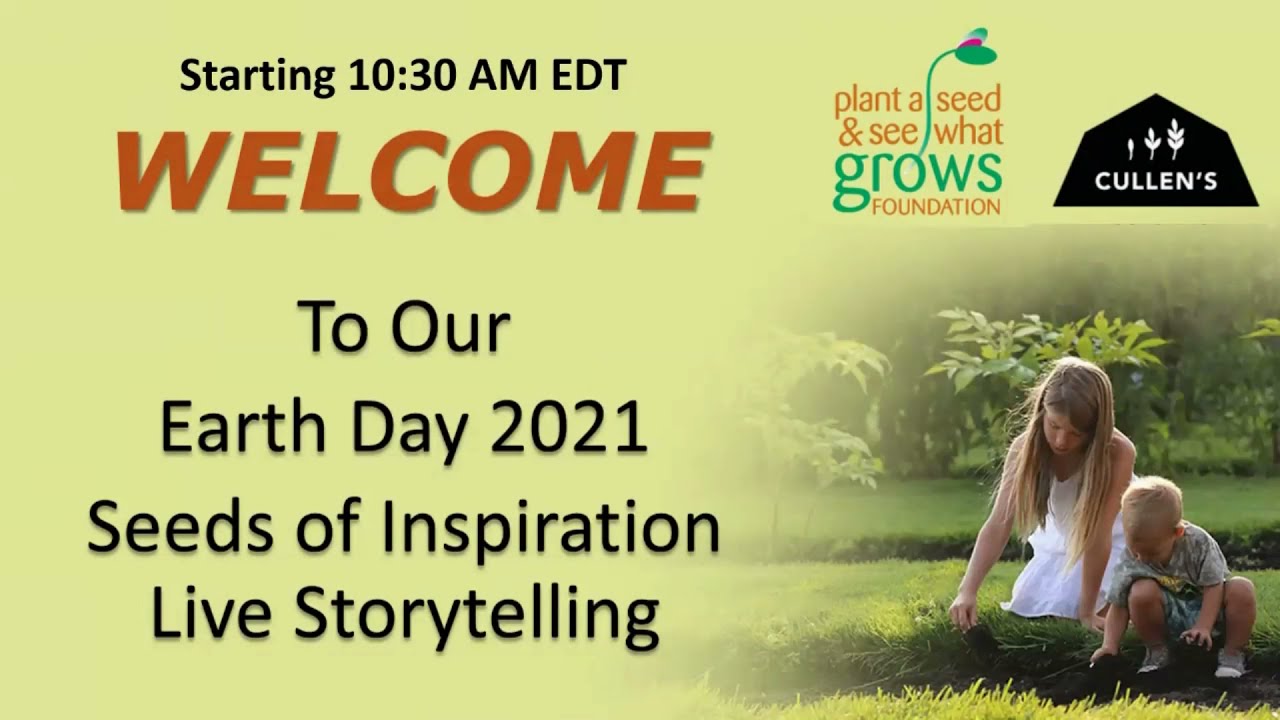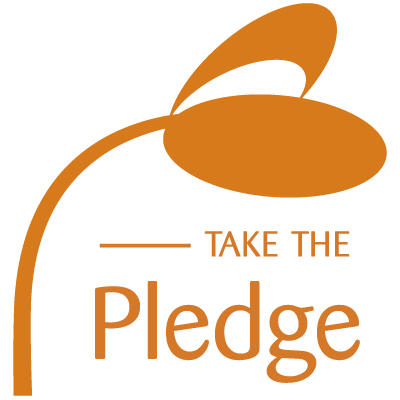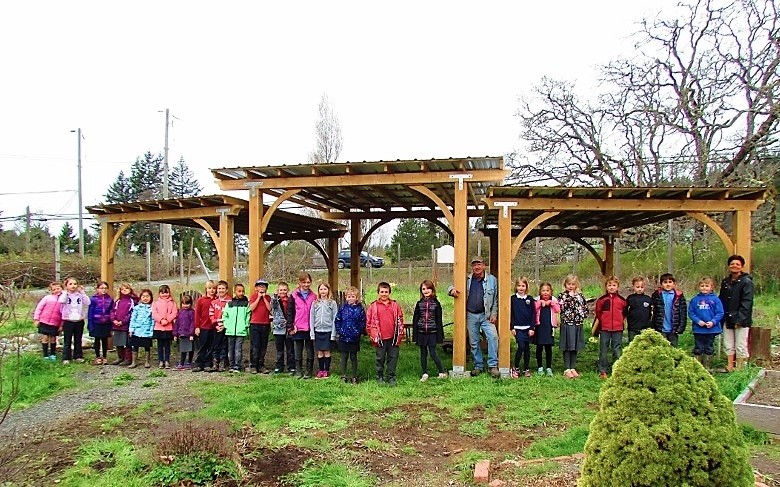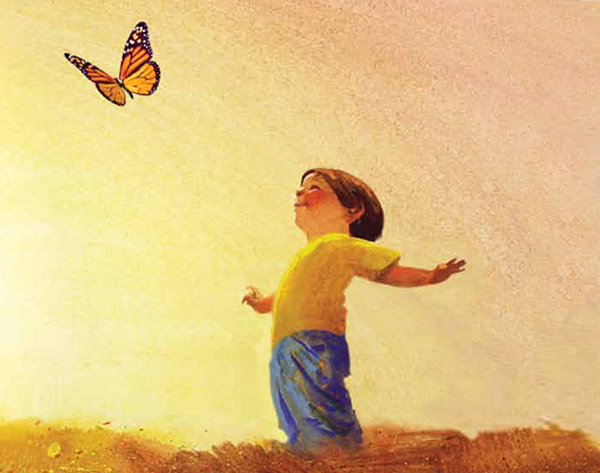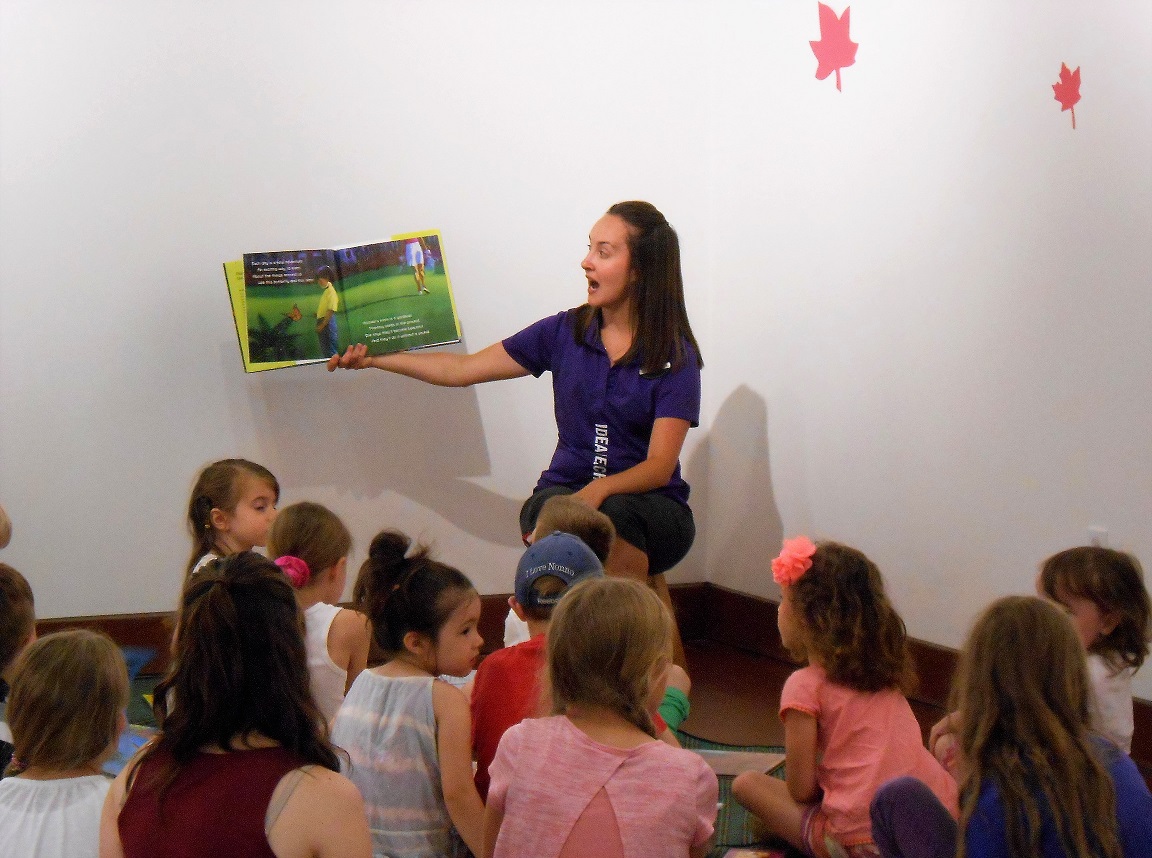How to Help Your Kids Make Friends
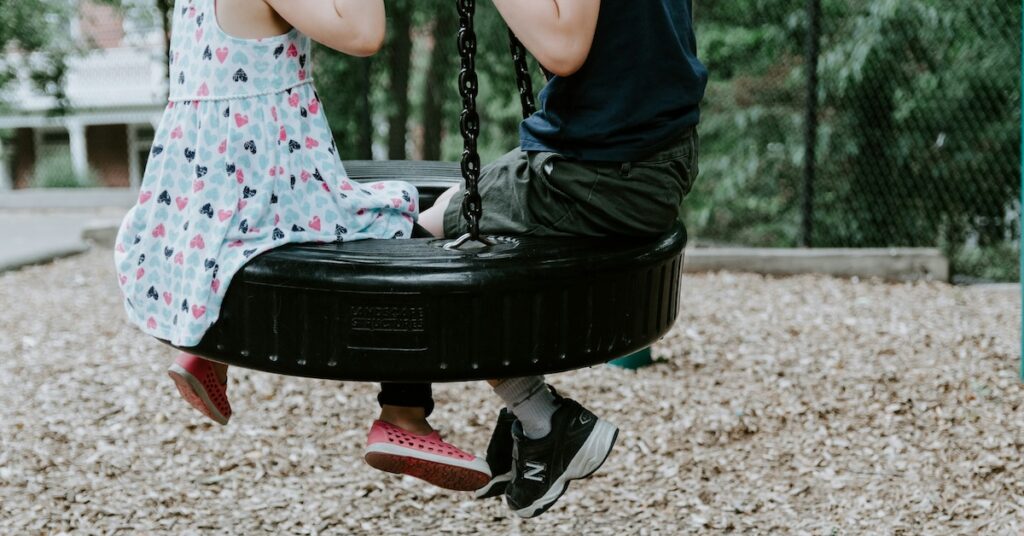
Research consistently shows that establishing friendships early in adolescence is important to development. Childhood friendships help kids learn and practice skills related to social, cognitive, communicative, and emotional evolution. All of this contributes to enhanced quality of life later in their teen years and further into adulthood.
Understanding the importance, a number of parents are concerned about their child’s ability to form meaningful relationships with peers. Those little nudges that they (yourself included) give them on the playground to join in on the fun with other children are rarely effective. This leaves you wondering if anything can be done to help your kid make friends, or if you must sit on the sidelines and hope that it naturally occurs. While some children are late social bloomers who will eventually become more proactive in connecting to peers, there are steps parents can take to expedite the process in ways that offer cooccurring benefits. Let’s review!
How to Help Your Child Make Friends While Also Benefitting Them in Other Ways
Teach Them to Show Kindness
Ironically, your child may have struggled to make friends because other kids thought that they were unapproachable. Peers may mistake your child’s shyness as being standoffish or even mean. While your child could not be further from that, they may need help in exhibiting their good nature so that they seem more approachable to other kids. Follow our guide on how to teach your child to encourage kindness and witness their peers take notice and eventually invite them to play.
Teach Them to Lead and Inspire
People (kids included) are drawn to those who exhibit leadership skills. While some people are born leaders, it can also be learned. It’s important to note, however, that leadership that attracts others is not based upon an ability to dictate, but to inspire. When your child starts an initiative to do something creative and positive in their small but growing world, their peers will observe and be drawn to them. View our guide for how your child can inspire and motivate other kids which will invariably result in newfound friendships.
Teach Them to Manage Negative Feelings
If your child tends to act in a visibly negative way (as many kids to) when something bothers them or someone disagrees with them in social settings, they will repel other children. Those who learn to rethink before they impulsively react and use words and actions in a negative way, and instead channel feelings in a more productive manner, will be seen as beacons of light to their peers. View our guide to teaching kids to rethink before reacting.
Socialization by Example
This one lands squarely on you, folks. If you push your kids to participate with their peers in social settings, but do not do the same with those kids’ parents (etc.) you set an example that they are sure to follow. This is an instance of how observational learning can work against you. Flip the script from now on. Instead of hiding in your smartphone while on the bench at the playground or while attending an event at their school, mingle with other parents and grownups. Your child will take notice, and over time their behavior may mimc yours. Moreover, when you get to know other parents there will be opportunities for your child to engage with their children. Pretty soon you’ll be going on double-play-dates together!
The Plant a Seed & See What Grows Foundation works tirelessly to inspire and promote healthy living and learning for kids across Canada. Help us help the next generation by pledging your support too! View more on how you can get involved.
